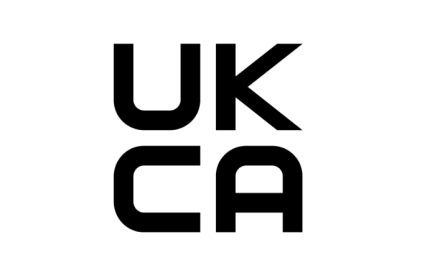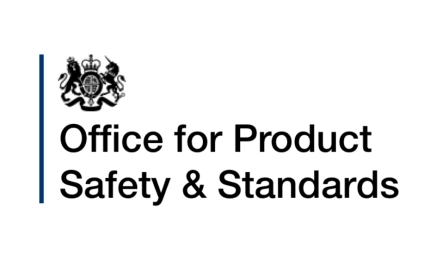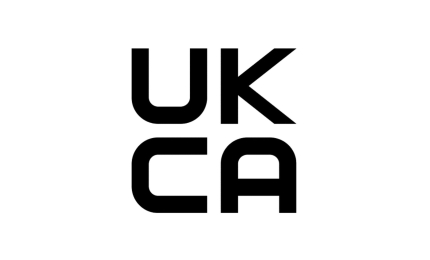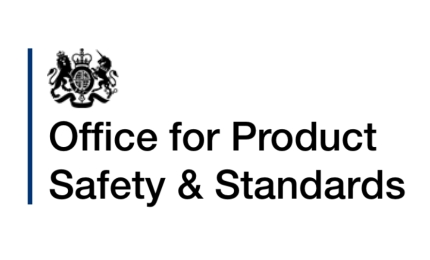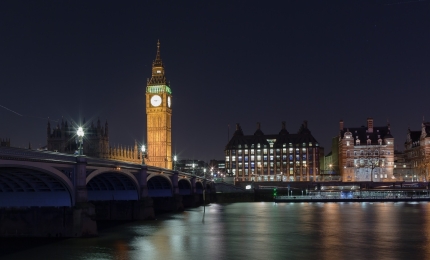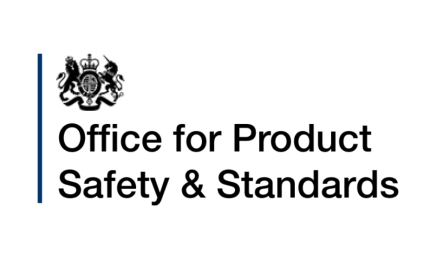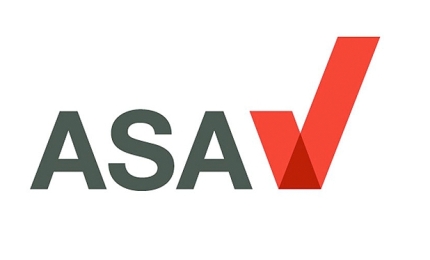Find us on...
With the Conservative Party winning an overall majority in the General Election on 12 December 2019, and Boris Johnson remaining as Prime Minister, a ‘no deal’ Brexit is less likely but still a possibility as of 31 January 2020.
Whilst CTPA continues to advise that companies prepare for the worst-case scenario, it is now more likely for the UK to leave the EU with a deal on 31 January 2020. After this date, the transition period will therefore begin, allowing for the UK and the EU to negotiate a Free Trade Agreement (FTA). It is important to understand that during this transition period the UK will have effectively left the EU, but EU law will still be applicable in the UK.
- If there is no extension of the transition period, the UK and the EU will have a short amount of time to negotiate an FTA. This will result in an FTA that will likely only cover trade and not have sectorial details. Under this scenario, if an FTA cannot be negotiated on time there is a real risk of falling under World Trade Organisation (WTO) rules on 31 December 2020.
- If the transition period is extended, the UK and the EU will have more time available to negotiate a more comprehensive FTA.
What will happen after the transition period will depend on the negotiations and the terms of the FTA between the UK and the EU, from which specific UK post-Brexit legislation will be created. Under this scenario the ‘no deal’ Brexit legislation will not come into force. The latter could still come into force as of 31 December 2020 only if the UK and the EU cannot agree on an FTA during the transition period, in which case there is a real risk that the UK could end up trading with the EU under World Trade Organisation (WTO) rules.

